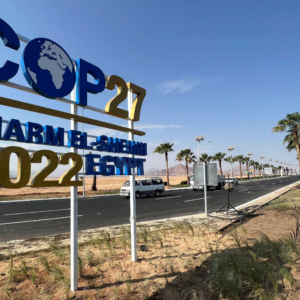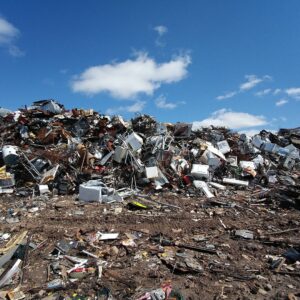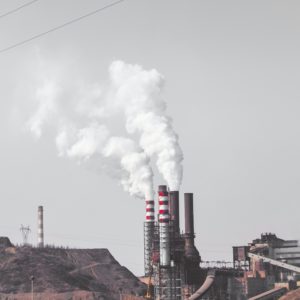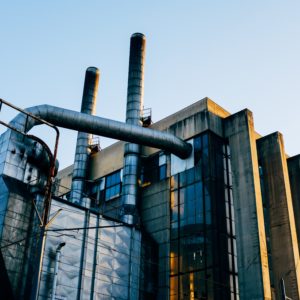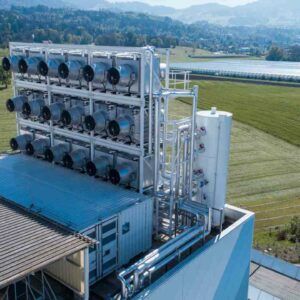"And because key details remain unclear about how NRG and Exelon’s LSEO plan would assess the costs of paying generators to remain available to provide power during grid emergencies, it’s possible that the plan could drive up costs to wholesale energy market participants by as much as $30 billion in 2025, the report finds."
COP27 Needs More than Doomism
Communicating the urgency to address climate change is one thing, but unfounded doomism is counterproductive.
Georgia-Pacific Develops New Tech to Reduce Landfill Waste
America has a garbage problem, but it is not without a solution. It is a testament to innovation that a company known for single-use products is championing a new way of dealing with waste.
The Red, White and Blue Wave Election
Americans Declared their Independence from Charlatans and Extremists
U.S. Coal Plant Closures Continue, While China Rapidly Builds More
Darrell Proctor writes for Power about coal plant closures in the United States. “China announced the new-builds during the first half of this year, despite the country’s pledge to become carbon neutral by 2060. Chinese officials have said they are looking at an emissions peak for the country before 2030.” Read the full article here.
Without Regulatory Reform, Biden’s Climate Victory Lap Will Face Roadblocks
With the right reforms, Congress and the administration can empower American energy producers to lower costs for families and businesses, diversify the world’s energy portfolio, and make progress toward climate targets.
Washington State Ban on Natural Gas Heating Is All Cost, No Benefit
"The decision to ban natural gas heating is emblematic of the state of climate policy in the United States. Policies are chosen based on the desire of politicians to appear righteous when addressing the 'climate crisis.'
NET Power Announces its First Utility-Scale Clean Energy Power Plant Integrated with CO2 Sequestration
"NET Power’s transformational technology produces power while inherently capturing nearly all emissions with its patented oxy-fuel combustion and supercritical CO2 cycle. These plants produce clean, on-demand power at low cost and address critical issues of air quality and land use, virtually eliminating air emissions including nitrogen oxides (NOx), sulfur oxides (SOx), and carbon dioxide (CO2)."
Carbon Engineering begins work on supporting multi-million tonne Direct Air Capture facilities in South Texas
"CE has been contracted by its U.S. development partner, 1PointFive, for the front-end planning and engineering of a one-megatonne DAC facility that is intended to be replicated into multi-million tonne deployments. The design is being adapted from the first large-scale, commercial facility to use CE’s DAC technology, which is already under construction in the Texas Permian Basin, and is anticipated to form the basis of accelerated large-scale deployments in the U.S."
The Noble Research Institute is Shoring Up the Future of Regenerative Agriculture
The Noble Research Institute, located in Ardmore, Oklahoma is helping farmers and ranchers take steps to include regenerative practices in their operations.

